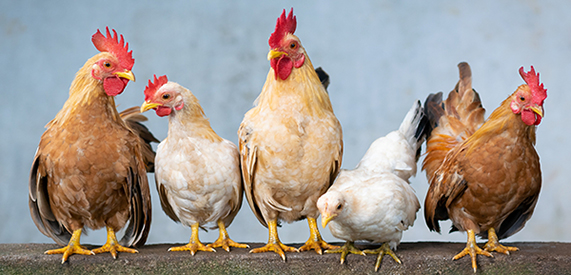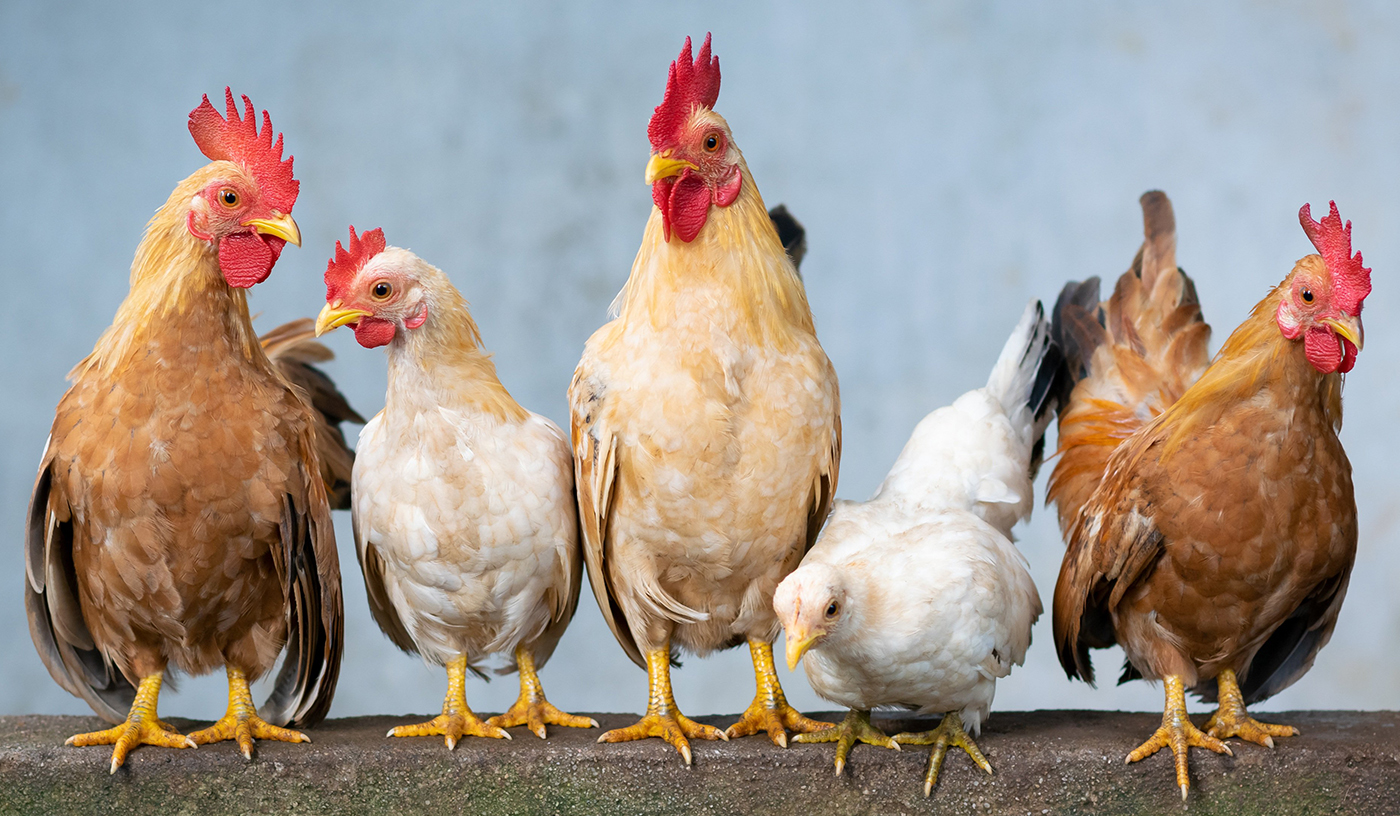More and more people are becoming interested in raising chickens as a source of fresh eggs. It sounds easy enough, but there are several factors to take into account when making the decision to raise your own flock in your backyard and do so successfully.

Space
You may let your chickens roam free during the day, but they need a coop to stay safe inside at night. A coop with a run area (like our King Coop) is an option for those who do not want their chickens roaming free in their whole yard. They allow your flock some room to roam without being completely free, but his type of coop requires a bit more yard space. Your coop should have roosts for your birds to perch on and nesting boxes for them to lay eggs. Your birds will share nesting boxes, so you do not need one for each. It is commonly recommended that each bird should each have 3-4 square feet in a chicken coop.
Breeds
Research which chicken breed is best for you. Some breeds are better for producing eggs, while others are more suited to raise for meat. Your climate may also affect the breed you choose. Some breeds may lay 5 or more eggs a week, while others may only lay 2-3 eggs a week. Different breeds also have different temperaments. This is a factor to consider especially when you intend to involve your children in the process of collecting eggs and caring for your birds.
Pest Control
Chickens that roam your yard during the day are known to eat grasshoppers, stink bugs, flies, ants, ticks, spiders, slugs, and other yummy insects that are protein-rich.
Predators
You will need to be watchful of predators like hawks, raccoons, and foxes. If you are a dog owner, you may need to be careful when both your dog and chickens are loose in your yard or even avoid it all together. To avoid predators, be vigilant about coop maintenance and security. Free-range chickens have many pros, however it also puts them at a higher risk of predators.
Fresh Eggs
Once your birds are producing eggs, you need to check for any eggs to gather from your coop each day (usually in the morning and the evening). Once you have your eggs, they can usually stay unwashed until you are ready to use them. Eggs have a natural coating to protect them from bacteria. Unwashed eggs usually last longer and do not have to be stored in the refrigerator. If you choose to wash them, you’ll need to refrigerate them immediately. Store eggs in containers with dates, so you always use the older eggs first and avoid eggs from becoming unsafe. While fresh eggs are a great way to start your day, we highly recommend researching food safety before your birds start producing eggs.
Fertilizer
Chicken manure is one of the richest forms of fertilizer for your garden. It may be messy business, but can be worth it if you are an avid gardener.
Time
Time is the biggest factor to consider when deciding to raise chickens. It is a year round set of responsibilities. Your flock requires care on hot summer days, snowy winter days, rainy spring days, and every day in between. They’ll need to be ‘let out’ into a run area to roam during the day and ‘put to bed’ inside a coop in the evenings. You also need to collect eggs and provide food and water each day. If you go on trips or vacations regularly, you need to consider who will take care of these responsibilities for you while away. Chicken coops also need to be regularly cleaned, as well as the feeders.

